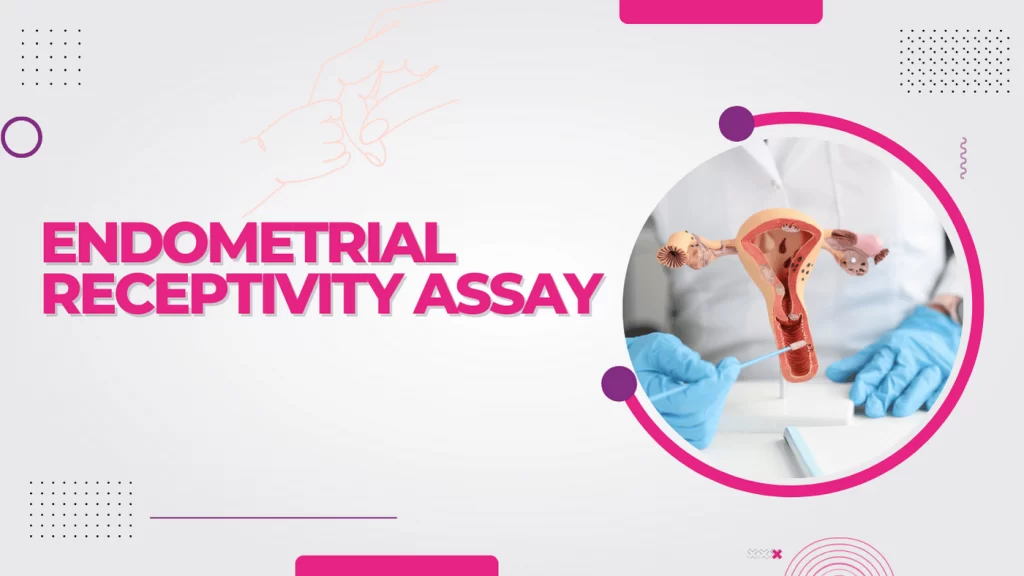
In vitro fertilization (IVF) with embryo transfer, is the single most successful fertility treatment for infertility across all age groups and diagnoses.
When an IVF embryo transfer fails, it is very disheartening and frustrating to patients and providers alike. Quite often, the quality of embryos are blamed for implantation failure and patients take a drastic decision of going into donor programs in an attempt to achieve pregnancy. It is important to understand that endometrial receptivity issues are cause of implantation failure in about 30% of cases. Hence, endometrial receptivity testing should be considered when pregnancy cannot be achieved with good quality embryos.
What is the ERA Test?
The ERA (Endometrial Receptivity Analysis) is a genetic test that evaluates the expression of genes to evaluate whether the endometrial lining is properly developed to accept an embryo. This technology uses the latest scientific technology available to analyze the expression levels of the 236 genes to assess the optimal time to place an embryo into the uterus to promote a successful implantation and pregnancy.
There is a small window of time that is optimal and in approximately 80% of women this window is in the expected time. However, it has been found that approximately 20% of women have a unique “window of implantation” that requires standard embryo transfer timing protocols to be altered. The hope and intention of this test is to find the women who have an altered window of implantation and to adjust the timing of medications to lead to a successful pregnancy.
The procedure of ERA involves preparing endometrium with estrogen and adding progesterone supplements once desired endometrial thickness is achieved. Endometrial biopsy is obtained after 120 hours of exposure to progesterone. The biopsy material is analyzed for 236 endometrial receptivity genes and the sample is classified as “Receptive” or “Non-Receptive” according to its specific expression profiles. ERA tests can reveal a need for a change in the timing of embryo transfer and permits personalized embryo transfer (pET) timing based on an individual’s results.
Why Choose the ERA Test?
The ERA test is recommended for women with recurrent implantation failure, defined as women with two or more unsuccessful embryo transfers with good quality embryos. The ERA test can increase the possibilities of a successful pregnancy in patients pursuing frozen embryo transfer because we can time the embryo transfer to be within the window of time when implantation is most likely to occur. That is how we can personalize the time of the embryo transfer to each patient. While ERA is not necessary or appropriate for every infertility patient, it has proved to be a key intervention for some patients who were not finding success otherwise.